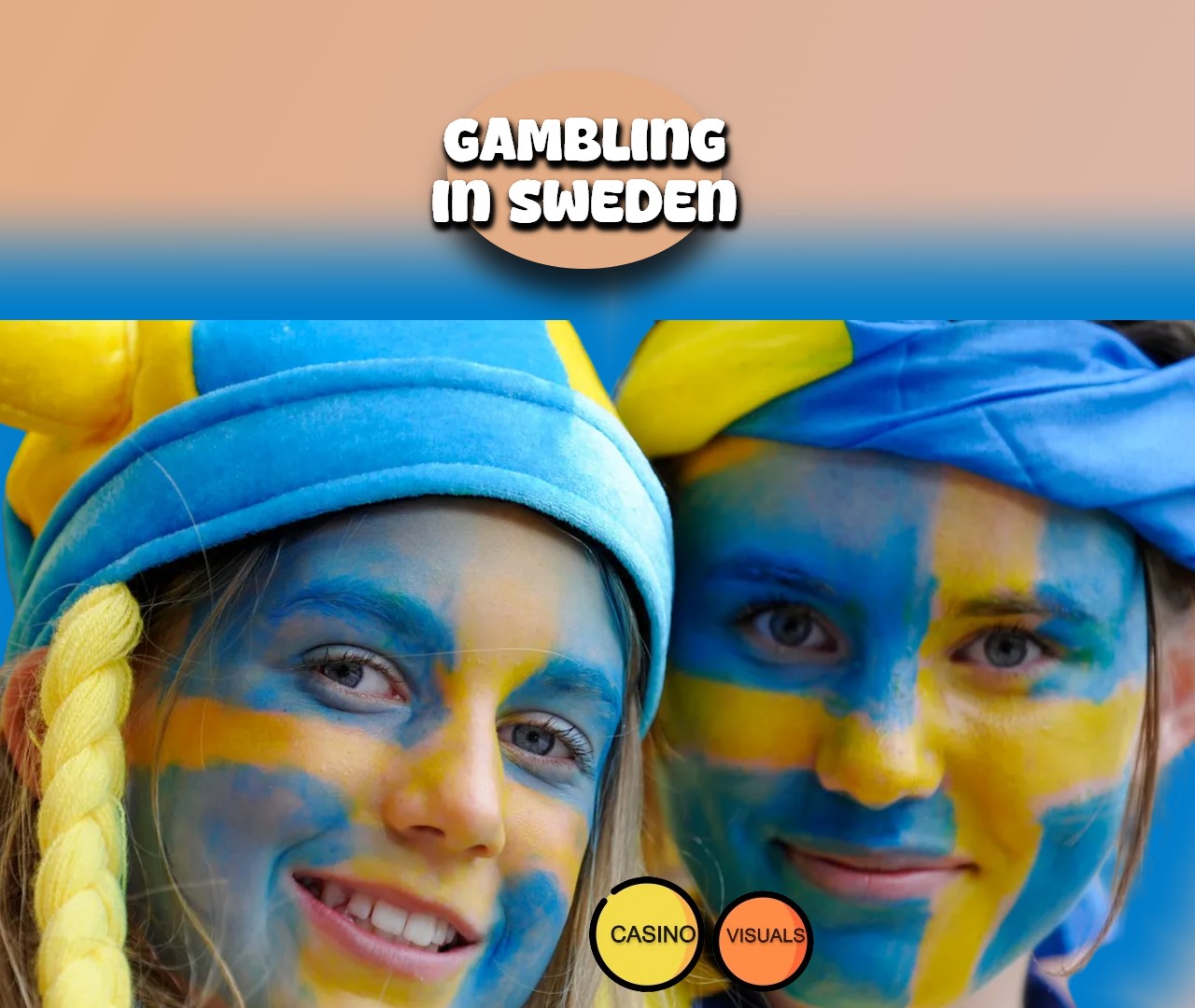
First up, the black market. Sweden’s gambling regulator, Spelinspektionen, set a lofty goal back in 2019: 90% channelization, meaning nine out of ten gambling kronor should flow through licensed operators. Fast forward to 2025, and the reality is more like 69% to 82%, according to horseracing operator ATG’s Q4 report. That’s right; up to a third of the market might be slipping into the hands of unlicensed operators who are probably sipping espresso in some offshore tax haven, laughing at Sweden’s efforts.
It’s a bit like trying to stop people from buying knockoff handbags on a sketchy street corner by politely asking them to shop at Gucci instead. The illegal operators are having a field day, offering their services in English and euros; because who needs Swedish kronor when you’ve got loopholes? The trade body BOS (yes, they’re the ones shouting into the void) has been begging the government to plug this gap. In February, they sent a strongly worded letter, and the government finally opened a review of the Gambling Act. Better late than never, we suppose.
- This delusional university student thinks he can make a career in gambling
- Ireland’s Gambling Social Impact Fund: A Levy-Fueled Lifeline or a Regulatory Roulette?
- To delete the betting app or not…that is the question
Svenska Spel
Then there’s Svenska Spel, the state-owned lottery monopoly that’s somehow also competing in the open market. BOS has been waving red flags about this for years, arguing that the government owning a player in the game is like letting the referee also score goals. In December, BOS pointed to the state’s sale of vehicle inspection company Bilprovningen to TÜV Rheinland as a glowing example of privatization done right. “See? You can let go” they seemed to plead. Yet, Svenska Spel remains firmly in the government’s grip, a conflict of interest so blatant it’s practically wearing a neon sign.
Finland’s watching this mess unfold and raising an eyebrow. Stakeholders there have already warned that state-owned Veikkaus could skew their soon-to-be-liberalized market. It’s like watching your neighbor’s messy divorce and thinking, “Hmm, maybe I should avoid that mistake.” Sweden, take notes.
Spelpaus
Now, let’s toss Sweden a bone. The Spelpaus self-exclusion platform is genuinely a good idea. It lets players block themselves from all licensed gambling sites in one go; a bit like uninstalling every dating app after a bad breakup. Finland’s regulators have even taken notes, eyeing Spelpaus as a model for their own market. But here’s the passive-aggressive kicker: a great self-exclusion tool doesn’t mean much if a chunk of the market is playing on unlicensed sites that don’t even know Spelpaus exists. It’s like building a state-of-the-art fire alarm for a house that’s already half-burned down.
Sweden’s gambling woes aren’t unique; they’re just a microcosm of what happens when regulation lags behind reality. Take the global fight against illegal streaming services. Governments and companies like Netflix have spent years trying to lure people away from pirated movies with shiny legal platforms, only to find that convenience and price often trump morality. Sweden’s black market thrives for the same reason: unlicensed operators are easy to access, and they don’t bother with pesky things like taxes or responsible gambling measures.
Or look at the gig economy. When Uber first rolled into cities worldwide, regulators scrambled to catch up, but the app was already everyone’s go-to ride. Sweden’s gambling regulators are in a similar bind; playing catch-up while illegal operators speed ahead. Maybe it’s time to borrow a page from the tech world and innovate faster than the bad guys.
So, What Now, Sweden?
Sweden’s gambling model isn’t a total disaster. Spelpaus is a win, and the government’s at least pretending to listen to BOS’s cries for reform. But the black market’s growth, Svenska Spel’s cozy state backing, and loopholes you could drive a truck through are making this model look more like a cautionary tale than a success story. Finland’s watching, and they’re probably scribbling “do better” in the margins of their own gambling blueprint.
Will Sweden tighten the screws and hit that 90% channelization dream? Or will they keep patching a leaky bucket while illegal operators toast to their success? Only time will tell, but for now, let’s just say Sweden’s gambling market is serving more drama than a reality TV show.